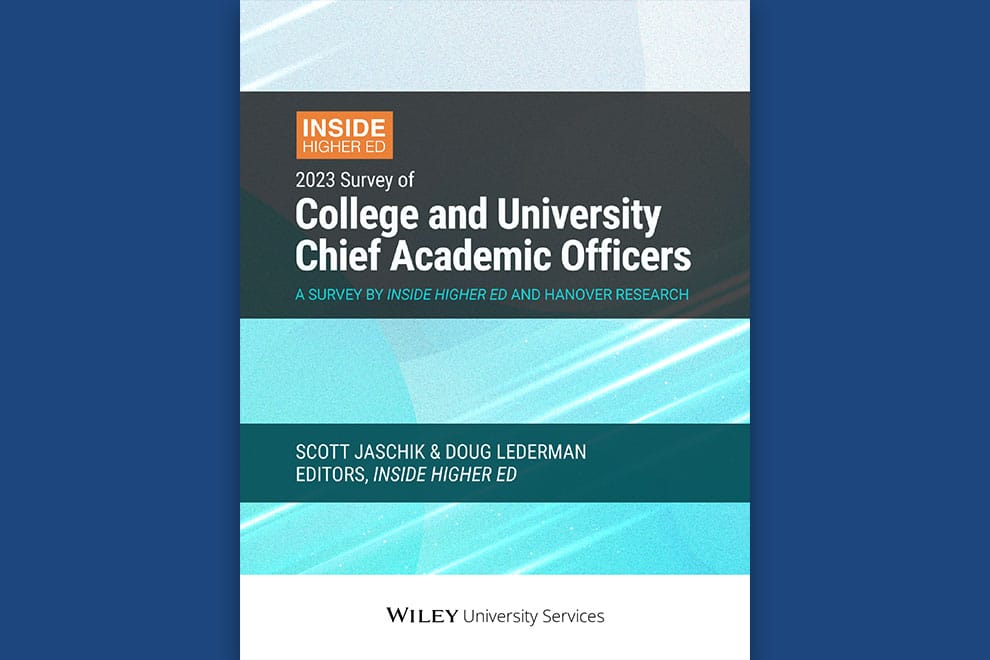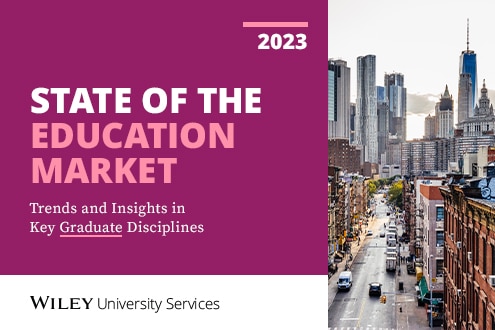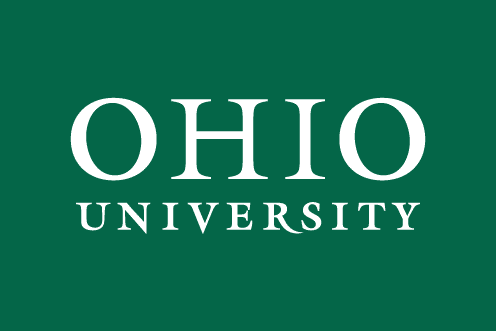Benedictine University recently began awarding digital badges and micro-credentials to recognize 21st century skills and experiences to qualified students. Benedictine expanded its long term partnership with Wiley University Services to include digital credential service provider, Credly, to award and manage micro-credentials, and gain actionable data about their impact.
Digital credentials, or badges, are verified, secure, and portable representations of demonstrated skills and earned certifications. At BenU, badging will allow students to earn micro-credentials that highlight transferable competencies and experiences, and better communicate their skills to employers.
For undergraduate students, the University is focusing badging on 21st century skills and experiences that prepare students for post-graduation success. At the graduate level, Benedictine’s goal is to “upskill” students along their academic journey, allowing them to represent verifiable skills and achievements that can be applied outside of academia prior to graduation. Criteria for earning badges will include a requirement that students produce “artifacts” demonstrating mastery of particular skills and competencies or the achievement of target learning outcomes.
“Badging provides an avenue for Benedictine University to celebrate and recognize student learning beyond the traditional transcript. Students participate in many life-changing, co-curricular experiences that prepare them for the future. A micro-credential can highlight the specific skills that students have learned and share these accomplishments with the outside community, including future employers and graduate schools,” said Lisa Haas, director of Experiential Learning.
BenU awarded the first badges in spring 2017 for the Arthur J. Schmitt scholars, who completed leadership training and planned, executed, and presented a community-based service project. In fall 2017, the badging initiative will expand at the undergraduate level for co-curricular programs and to select master’s degree programs.
“Digital credentials are increasingly the currency for a labor market which values one’s skills and abilities, and that currency is backed by the faith and credit of institutions who teach, assess, and observe those skills in action,” said Jonathan Finkelstein, founder and CEO of Credly. “Benedictine’s commitment to recognizing workforce-relevant achievements with portable, digital, verified evidence ensures that students will be well-positioned and better empowered to connect their Benedictine experience to valuable employment and educational opportunities.”
Through trusted, collaborative relationships, Wiley University Services provides services, technology, insights, and content that supports education partners to achieve improved institutional performance and learners to achieve their goals.
Credly is the leading digital credential service provider, helping the world recognize lifelong achievement with the most popular platforms for verifying, sharing, and managing digital credentials and badges.
About Benedictine University
Benedictine University is located in Lisle, Illinois, just 25 miles west of Chicago, and has branch campuses in Springfield, Illinois, and Mesa, Arizona. Founded as a Catholic university in 1887, Benedictine enrolls nearly 6,000 students in 59 undergraduate and 23 graduate programs. Forbes magazine named Benedictine among “America’s Top Colleges” for the seventh consecutive year in 2017. Accredited by the Higher Learning Commission (hlcommission.org). For more information, contact (630) 829-6300, admissions@ben.edu or visit ben.edu.




















